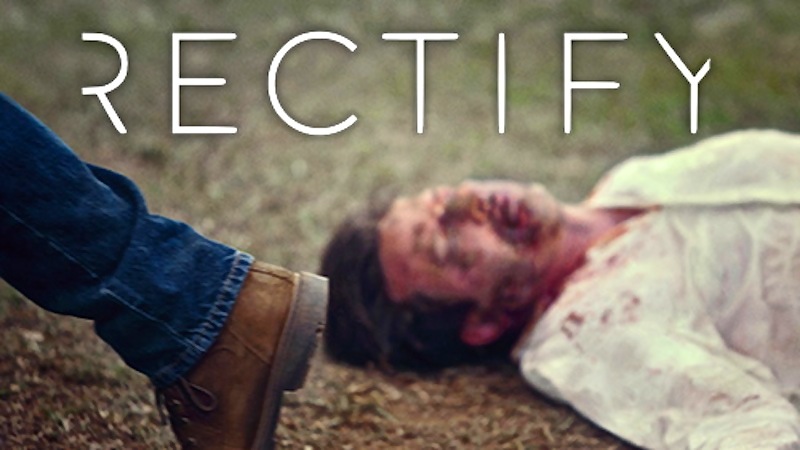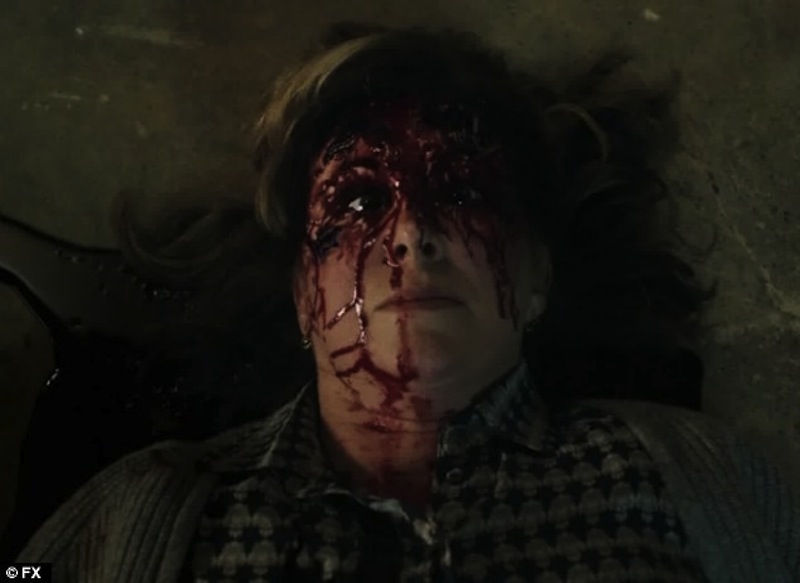Into the Wounds
Jayne English
 Feel it—but remember, millennia have felt it—
the sea and the beasts and the mindless stars
wrestle it down today as ever—
—Gottfried Benn
Feel it—but remember, millennia have felt it—
the sea and the beasts and the mindless stars
wrestle it down today as ever—
—Gottfried Benn
It took me three tries to finish Cormac McCarthy’s Blood Meridian. I didn’t take to the descriptions of violence and bloodletting; the dusty, desolate scenery; the barren hearts that drove people to do the things they did. Harold Bloom calls it “the ultimate dark dramatization of violence.” (And he means that in the best way.)
I kept reading because McCarthy’s sense of language drew me in. Intermingled with scalpings, shootings, decapitations and the wastelands of “buckbrush and pricklypear and the little patches of twisted grass” were quieter descriptions like this:
“The mission occupied eight or ten ares of enclosed land, a barren purlieu that held a few goats and burros. In the mud walls of the enclosure were cribs inhabited by families of squatters and a few cookfires smoked thinly in the sun. He walked around the side of the church and entered the sacristy. Buzzards shuffled off through the chaff and plaster like enormous yardfowl. The domed vaults overhead were clotted with a dark furred mass that shifted and breathed and chittered. In the room was a wooden table with a few clay pots and along the back wall lay the remains of several bodies, one a child.”
With imagery of the crumbling church, a leftover table, and the sheltering squatters, McCarthy somehow evokes a feeling of Communion in this scene or, broken as it is, a longing for its nourishing graces. Passages like this are why, though I finished the book five years ago, I still think about it. Lately I’ve been wondering if Meridian shares impulses with Expressionism. In his book, Putting Modernism Together, Daniel Albright says “Art, according to the Expressionists, should be about cutting to the core of the human.” He explains that Expressionists favored woodcuts because they felt the physical effort required to make them parallels the aesthetic effort and is “a visible reminder of the sort of wound that the artwork seeks to inflict on the mind of the spectator.” Meridian wounds the reader, its descriptions easily convincing us that “all men are unremittingly bloodthirsty here.”
Are there themes of redemption in Meridian and in the work of Expressionists? I didn’t see any transformation, for good, in McCarthy’s characters. Even a priest among the group is an expriest. What’s striking about Meridian and paintings like The Scream and Red Gaze, is their intensities; violence in Meridian, and vibrant colors, horrified and haunted expressions in the paintings. Meridian’s images jar us at a gut level just like Munch’s Scream. This was the intent of the Expressionists. With a nod to Nietzsche, Albright explains, “Expressionist art depicts the patient gaze of the abyss into the deformed gibbering thing at the core of your being, the ape within.”
Albright turns to Kafka’s short story “In the Penal Colony” as a close relative to Expressionism. In the story, a machine is used to torture and execute “criminals.” It carves the condemned man’s sentence into his skin until he bleeds out and dies. Alluding to the complex diagrams that guide the machine, the eager officer explains, “You have seen it is not easy to decipher the script with your eyes; our man deciphers it with his wounds.” If there’s redemption in these works it's in the blood. They show us the heart and mind of (our) depravity until we feel it. Echoing the pattern of the Incarnation, they make us feel the wounds of the world, just as Jesus felt ours when he stepped into them.



